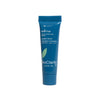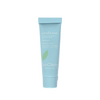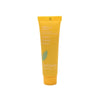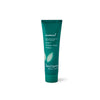
Brightening Brightening

Filter
- All
- Best Selling
- Price Low
- Price High
- Top Rated
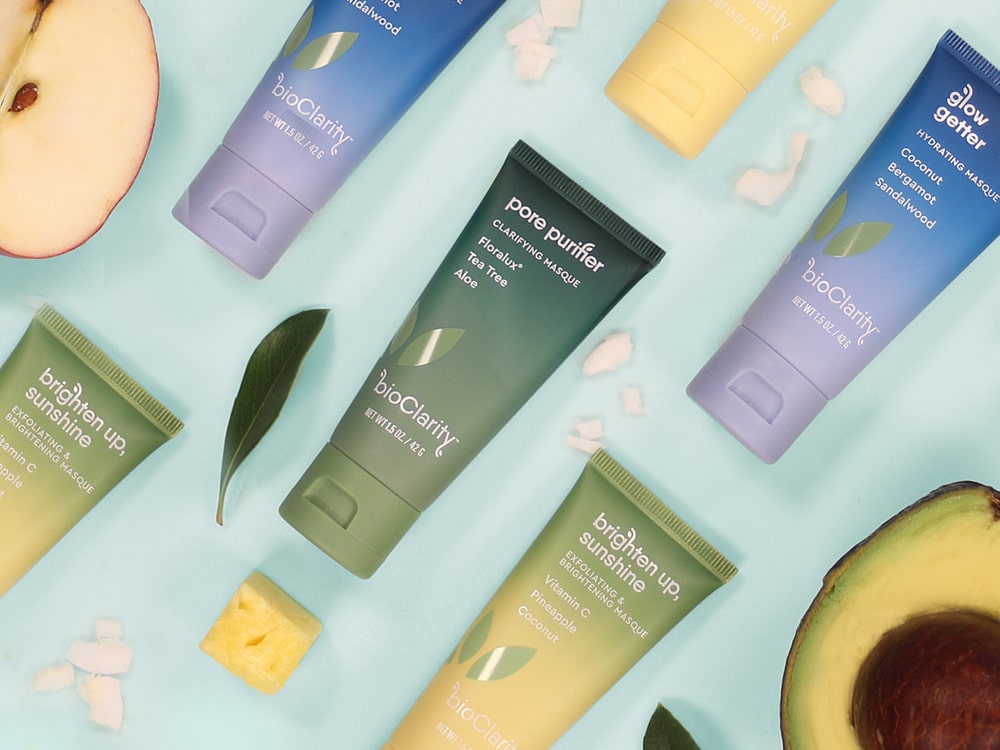
-
Are brightening skincare products good for all skin types?
Yes! If you have discoloration or just want a healthy glow, brightening skincare products may be exactly what you need. Just be sure to check if the product is suited for your skin type before purchasing to reduce the likelihood of irritation or a negative reaction.
-
What is dull skin?
Dull skin refers to a lack of radiance or skin that looks tired or flat with an uneven skin tone. This is the opposite of the youthful, healthy, and radiant complexion that we’re all chasing after. Thankfully, dullness is something fairly simple to get rid of and all it takes is a proper skincare routine and some small tweaks to your daily lifestyle.
-
What causes dull skin?
The main causes of dull skin are:
- Dead skin cells that accumulate on the surface of the skin
- A slow cell turnover rate caused by aging
- Failing to keep skin properly hydrated
- Environmental factors like pollution
- Lack of sleep
Once you’ve identified which of these likely applies to you, you can take the necessary steps to change your lifestyle or habits and get back to glowing.
-
How do I get rid of dull skin?
To help get rid of dull skin, use brightening skincare products that contain ingredients like vitamin C, a powerful antioxidant touted as a superstar brightening ingredient with anti-aging benefits. Vitamin C helps reduce inflammation and hyperpigmentation, and promotes healthy collagen production. It’s often found in brightening serums to leave your skin happy and glowy but you can also find it in Brighten Up, Sunshine, our clay masque designed to moisturize, brighten, and gently exfoliate the skin.
-
What causes dark spots?
Dark spots occur when the skin experiences an overproduction of melanin, and are commonly caused by sun damage. These spots may appear on the areas of the body that are most frequently exposed to the sun, including the face, shoulders, and arms.
Dark spots can also be caused by acne and breakouts, taking the form of post-inflammatory hyperpigmentation. These pesky marks appear on the skin after a breakout has healed and generally fade away over time. Picking at or popping pimples increases inflammation and the risk of developing this type of hyperpigmentation so keep your hands off your face at all costs.
-
How often should I exfoliate?
How often you should exfoliate will depend on your skin type. If you have oily or acne-prone skin, you can exfoliate 2-3 times a week. If you have normal, dry, or sensitive skin, you should exfoliate just once a week.
When it comes to exfoliation, keep in mind that it’s possible to overdo it. Exfoliating more often will only do more harm than good! Dangers of over-exfoliation include excessive dryness and flakiness, burning sensations after using an exfoliator, red and irritated skin, inflammation, and swollen or puffy skin. To avoid these symptoms, stick to a schedule and keep a close eye on how your skin reacts, and reduce your frequency of exfoliation as needed.
